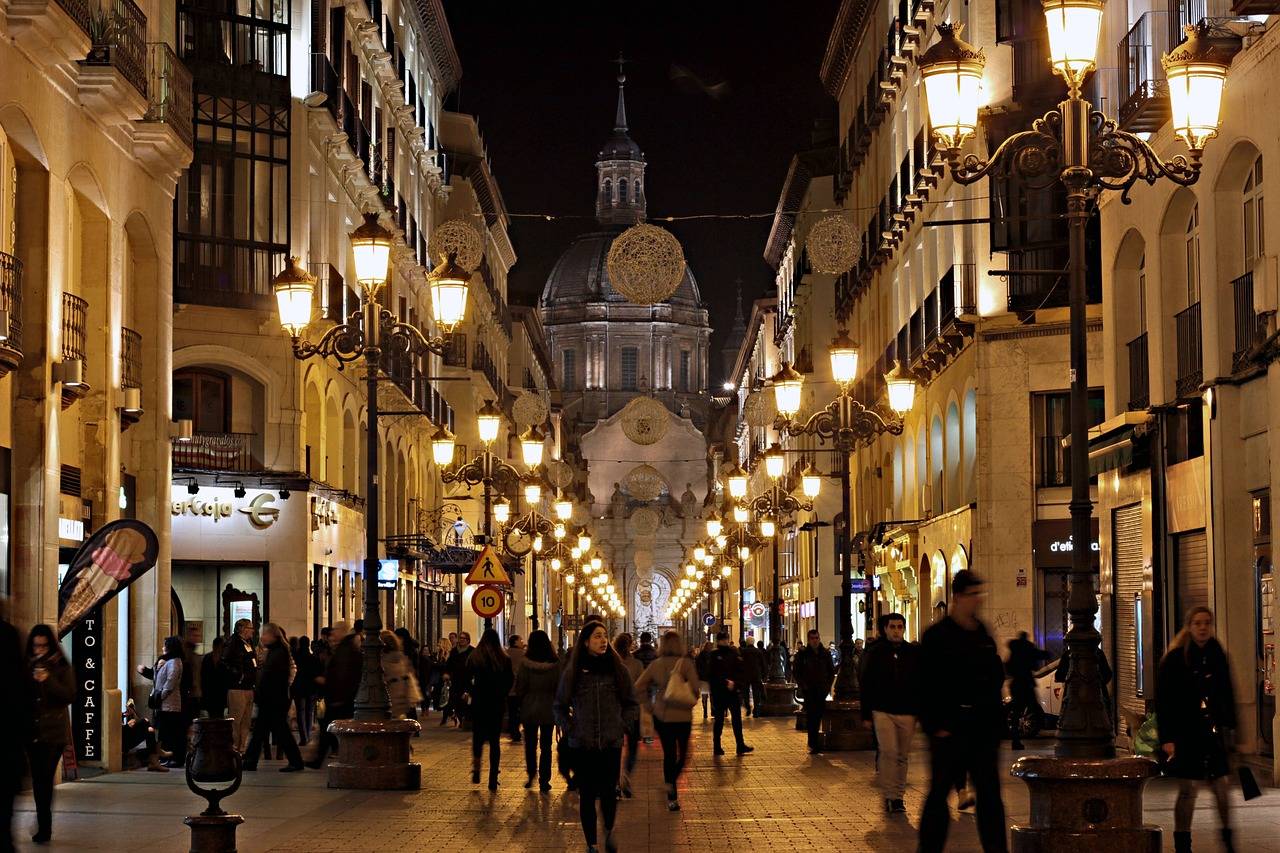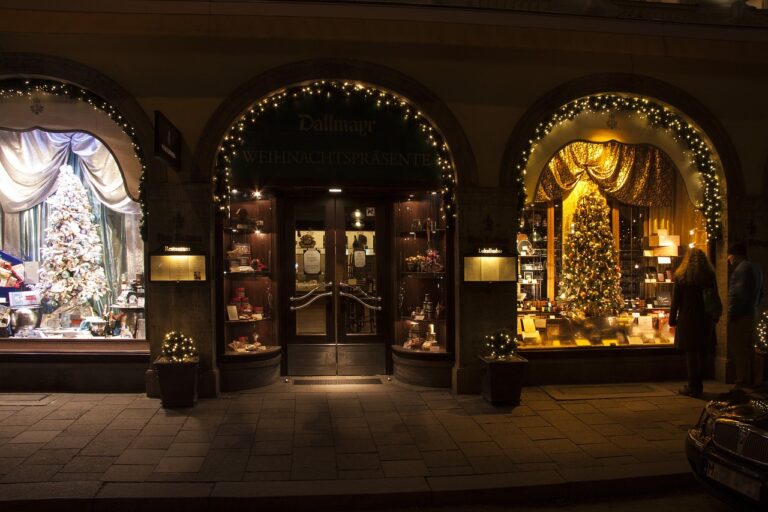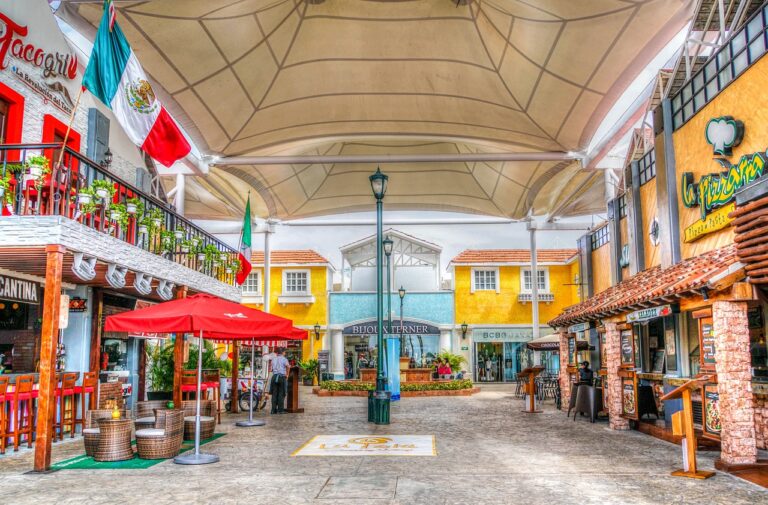The Future of Fashion Retail: From Runway to Retail in Real Time
The ever-evolving landscape of fashion retail is continuously shaped by key trends that dominate the industry. One prominent trend that is taking center stage is the rise of eco-conscious and sustainable fashion. Consumers are increasingly seeking out brands that prioritize ethical production practices, use environmentally-friendly materials, and embrace transparent supply chains. As a result, more and more fashion retailers are pivoting towards sustainability to meet the growing demand for ethical clothing options.
Another major trend in fashion retail is the integration of technology to enhance the overall shopping experience. With the advancement of e-commerce platforms and social media, customers now have easier access to their favorite brands and can conveniently shop online from the comfort of their homes. Additionally, the use of virtual and augmented reality has revolutionized the way consumers interact with products, providing a more immersive and personalized shopping experience. As technology continues to play a significant role in shaping the future of fashion retail, brands that effectively leverage these tools will likely stay ahead of the curve.
The Rise of Virtual and Augmented Reality in Shopping
Virtual and augmented reality technologies are revolutionizing the way consumers shop by offering immersive and interactive experiences. With virtual reality, shoppers can try on clothes, accessories, and even makeup without physically being in a store. This not only enhances convenience for customers but also provides retailers with valuable data on consumer preferences and behavior to tailor their offerings more effectively.
Augmented reality, on the other hand, enables consumers to visualize products in their own environment before making a purchase. This technology allows retailers to showcase their products in a more engaging way, leading to increased customer engagement and satisfaction. As more brands embrace virtual and augmented reality in their shopping experiences, the trend is set to only grow in popularity, shaping the future of retail.
Personalization and Customization in Retail Experiences
Personalization in retail experiences entails tailoring products and services to meet the unique preferences of individual customers. This strategy involves analyzing consumer data to anticipate needs, offer personalized recommendations, and create a more engaging shopping experience. Through personalized promotions, product suggestions, and targeted marketing messages, retailers can deepen their bond with customers and foster loyalty.
On the other hand, customization allows shoppers to personalize products according to their tastes and requirements. This trend is gaining popularity as customers seek one-of-a-kind items that reflect their individuality. Retailers are leveraging technology to offer customization options across various product categories, ranging from apparel and accessories to home decor and electronics. By empowering consumers to design their own products, companies can tap into a growing demand for unique, personalized goods in the market.





